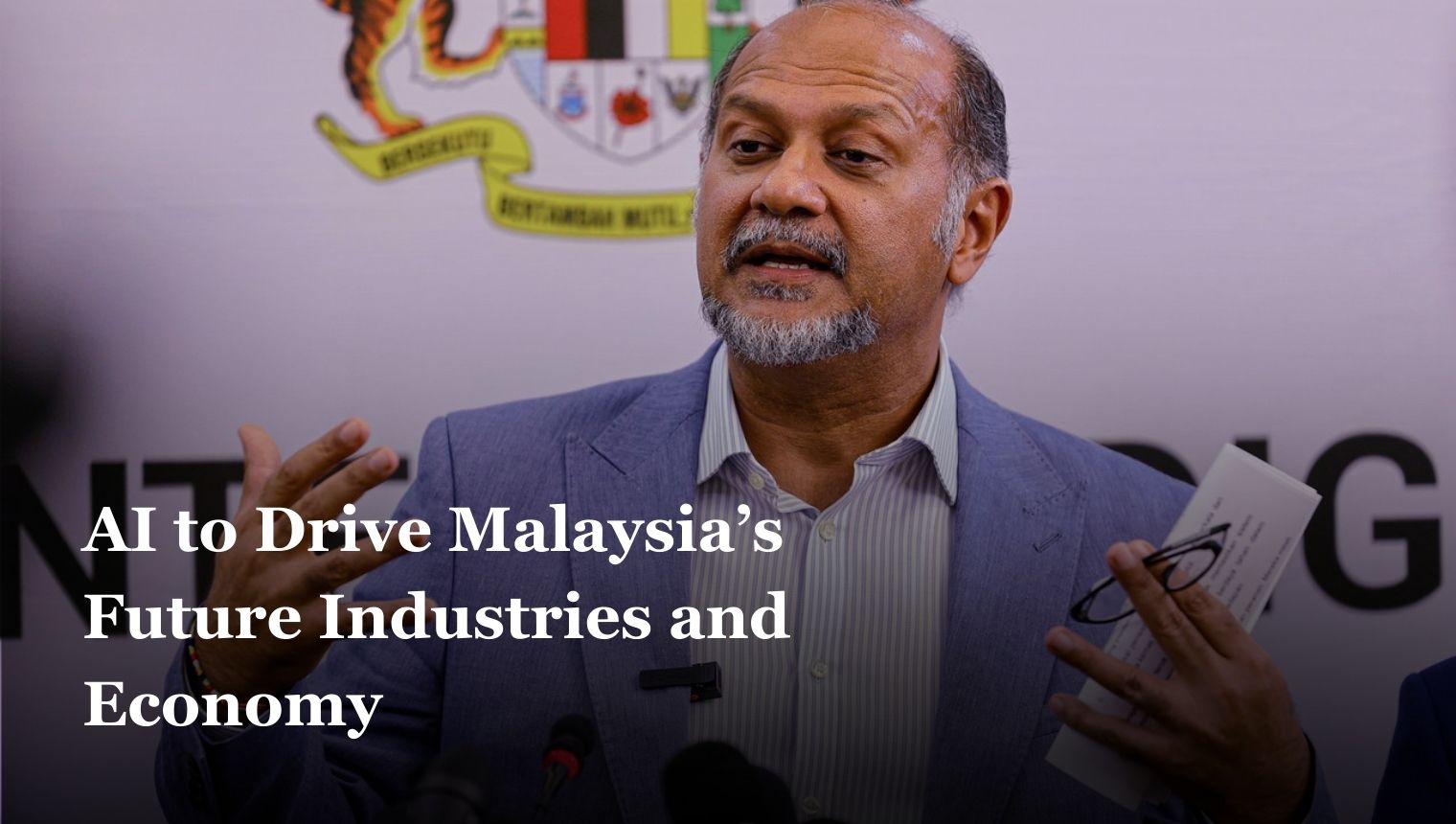Stay connected with BizTech Community—follow us on Instagram and Facebook for the latest news and reviews delivered straight to you.
According to Digital Minister Gobind Singh Deo, artificial intelligence (AI) is set to play a pivotal role in transforming Malaysia’s industries, public services, and overall economy.
In his speech, which was read by the ministry’s secretary-general, Fabian Bigar, at the inaugural Cisco Malaysia AI Day, Deo emphasized AI’s immense potential to boost productivity, streamline processes, and unlock new avenues for economic growth.
“AI offers Malaysia an unprecedented opportunity to enhance our global competitiveness while promoting inclusive development for all citizens,” Gobind stated. “By embracing AI, we can address pressing challenges, modernize key sectors, and secure long-term prosperity.”
Empowering Citizens Through Digital Inclusivity
Gobind highlighted the Malaysian government’s commitment to digital inclusivity, quoting Prime Minister Datuk Seri Anwar Ibrahim: “The government aims to empower all citizens by ensuring that digital technology benefits everyone, leaving no one behind as Malaysia progresses toward becoming a digital nation.” This commitment aims to make public services more efficient and accessible, regardless of age, background, or social standing.
Cisco’s AI-Led Initiatives in Malaysia
At the event, Cisco formalized three key collaborations to drive AI innovation in Malaysia:
- AI Hackathon: In partnership with Malaysia Digital Economy Corporation (MDEC) and Universiti Teknologi Malaysia, Cisco launched an AI hackathon to help bridge the AI skills gap and provide students with hands-on experience working with cutting-edge technology.
- Business Empowerment: Cisco outlined its strategy to enable Malaysian businesses to harness AI, unlocking new business opportunities and enhancing productivity.
- Economic Impact: Cisco projected that AI could potentially deliver a US$115 billion (RM493 billion) boost to Malaysia’s gross domestic product (GDP). However, the company also warned of the security risks and threat vectors that come with the rapid adoption of AI, stressing the importance of building trusted infrastructure to support and secure AI applications at scale.
Country Digital Acceleration (CDA) Programme
As part of its global Country Digital Acceleration (CDA) initiative, Cisco signed two additional collaboration agreements aimed at enhancing Malaysia’s digital infrastructure:
Telekom Malaysia Bhd (TM) Collaboration
Cisco will partner with TM to help modernize the digital infrastructure of the National Digital Department (JDN).
TM will develop a secure, agile network for JDN’s Putrajaya campus, leveraging AI-powered collaboration tools like Webex Boards and Cisco Spaces to drive seamless and secure workspace experiences.
These tools will provide real-time insights on room availability and occupancy, enabling JDN to optimize its space utilization effectively.
Permodalan Nasional Bhd (PNB) Collaboration
Cisco will equip PNB’s innovation lab, network operations center, and open collaboration areas with AI-powered networking, Internet of Things (IoT), and security technologies.
This partnership will facilitate PNB’s transition to a smart office environment, where tools like Webex, Meraki devices, and ThousandEyes will enable sustainable workplace technologies.
The ThousandEyes AI-driven intelligence will enhance PNB’s ability to detect, diagnose, and remediate disruptions that impact user experiences, while Cisco Spaces will help create smarter workspaces.
A Path to Sustainable Growth
As Malaysia embraces AI-driven solutions, Gobind emphasized the need for collaboration between government, industries, and businesses to foster AI innovation and ensure a secure and inclusive future.
Cisco’s commitment to supporting this journey, along with its strategic partnerships, aims to power economic resilience, social inclusion, and long-term sustainable growth.
“With AI, Malaysia’s industries and public services are on the verge of a transformative journey that promises to elevate the country’s global standing and bring about a more inclusive digital economy,” Gobind concluded.






